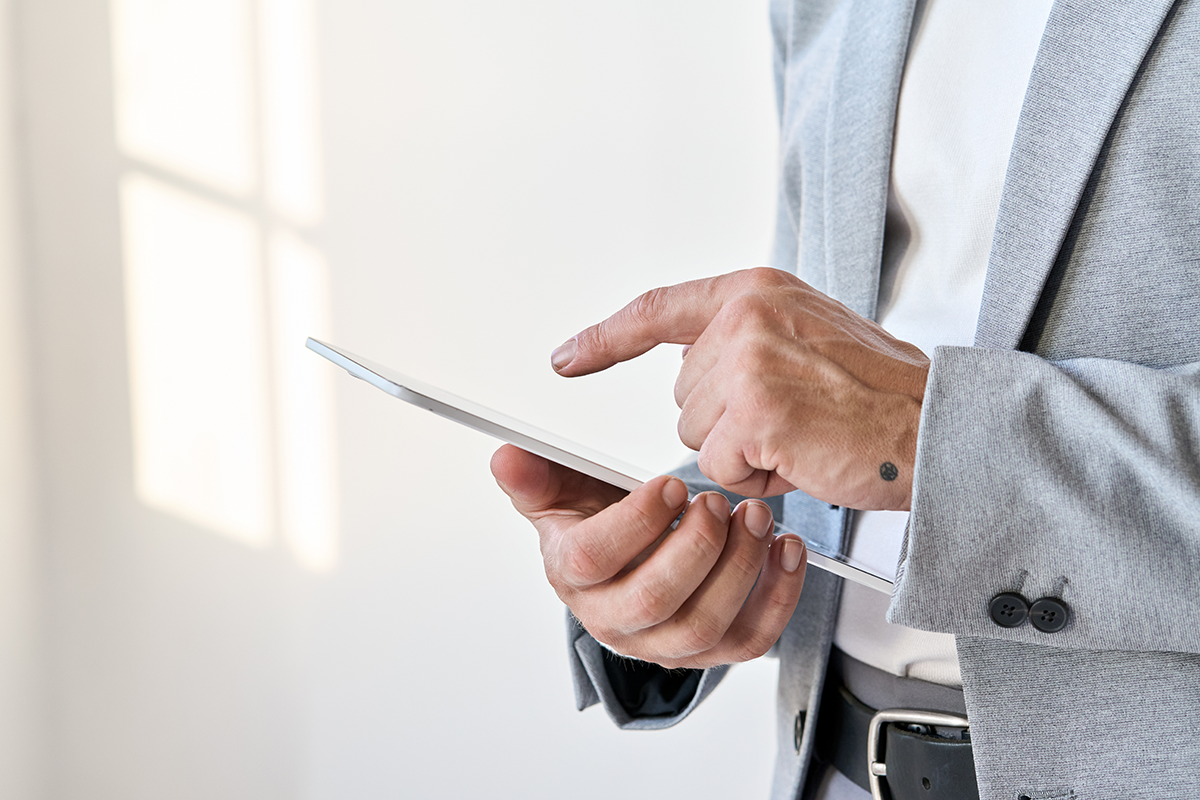- Scalable technology
- Comprehensive applications and services
- Multi-channel
- Multi-country
How does e-invoicing benefit your business?
An invoice is a crucial part of finance management in every business that ensures optimal payment processes by your receivers. This enables every issuer to have complete control over the entire cash flow and finance within the respective organisation.
In the modern digital world, as an issuer, you must stay competitive to remain successful in your business. The adoption of an electronic invoicing system is one of the crucial steps to achieve effective development. With this, you can easily reduce operational costs and improve cash flow.
What is an electronic invoice?
An electronic invoice (e-invoice) is a digital format of a respective invoice generated through secure accounting software. It is fully automatic and delivered to the recipients electronically. On the other hand, recipients can access the entire details through a portal. They can pay the amount due directly through their debit/credit cards, direct bank transfers, or third-party systems in the most convenient way.
Why should issuers choose e-invoicing?
E-invoicing is a money-saving method. Additionally, this makes sure that your business gets paid without fail.

Below are the key benefits of opting for e-invoicing:
- Reduced invoicing and payment costs:
E-invoicing helps issuers to eliminate funds associated with paper invoicing, such as printing, postage, and storage. It can also help businesses to save on processing costs like data entry.The Nordic countries have the highest postal rates in the world. In this regard, issuers can save a significant amount of money by switching to e-invoicing.
- Recurring billing:
Subscription services can easily be managed with e-invoicing software that automates recurring payments.
- Reminders:
By opting for e-invoicing services, it’s easy to send gentle reminders, in a controlled fashion, to the receivers in order to make the payment.
- Faster processing time:
It is proven that the organisation which has adopted e-invoicing experienced a reduction in the invoice processing time of up to 50% on average.
- Environmentally friendly:
Nowadays, most of the management are aware of the environment and adopting green initiatives. E-invoicing is one of the best solutions to reduce paper usage and carbon footprints and preserve greenery for the future.
- Boost customer experience:
E-invoicing offers seamless distribution of invoices that increases credibility and satisfaction among the receivers.
- Visible cash flow cycle:
With the advanced technology of e-invoicing, it is easier to keep track of payments promptly. As a result, the cash flow in the business becomes clearly understandable, which helps better budgeting and forecasting in the organisation.
E-invoicing vs digital invoices:
E-invoicing is a subset of digital invoicing that involves the exchange of electronic invoices in a more efficient and automated way. E-invoicing refers to the entire process of creating, sending, receiving, and processing electronically with absolutely no need for any paper documents.
Whereas digital invoice is a broader term that indicates any form of invoicing where electronic technology is used, that does not necessarily mean the end-to-end process is electronic and automated, nor absolutely paperless.

E-invoicing regulations in European countries:
In 2014, the European Parliament adopted a directive that requires all public sector organizations in the European Union (EU) to accept electronic invoices. The EU is now focusing on the implementation of an e-invoicing system to improve efficiency and reduce costs. Although many of the European countries still have some differences in their own rules.
E-invoicing policy in the Nordic countries like Norway, Sweden, Denmark and Finland is already well accepted and fairly implemented. The majority of businesses have been using this system widely for years and the result is quite effective and impressive.
- HMRC’s rules for issuing e-invoices in the UK:
In the UK, although e-invoicing system is not mandatory for business-to-business (B2B) payments, but for payments to and from public organizations. So, being an issuer, you can choose whether you want to adopt this advanced practice.
An issuer, in the UK, cannot issue both paper and electronic invoices for the same receiver. To issue invoices electronically, a few conditions must be met:
- The receiver must agree to receive e-invoices.
- An issuer must be able to ensure that the identity is authentic and that information has not been altered.
- It must be readable clearly. All the PDFs need to be of proper size and quality.
Orbyt offers an advanced automated invoice processing solution that enables dynamic multi-channel distribution of invoices to consumers and businesses. In addition to this, Orbyt engages to provide its issuers below value-added services with its end-to-end integrated SaaS solution for invoice distribution.
- Template management and invoice design: This allows the issuers to make required changes through a self-service dashboard.
- Business logic configuration: This helps the issuers configure fallback rules, segmentation, and trigger events for communication with customers.
- Dynamic multi-channel distribution: Orbyt validates the invoicing data received from the issuers and distributes the invoices through the respective channels.
Orbyt believes that investing in an e-invoicing platform is a potential strategy for businesses of all sizes. Moreover, it simplifies the financial process of any organisation and contributes to keeping our environment green.
Get in touch with us for a demo on how we can help benefit your business by switching to e-invoicing.
First published 09 October 2023, updated 02 November 2023.